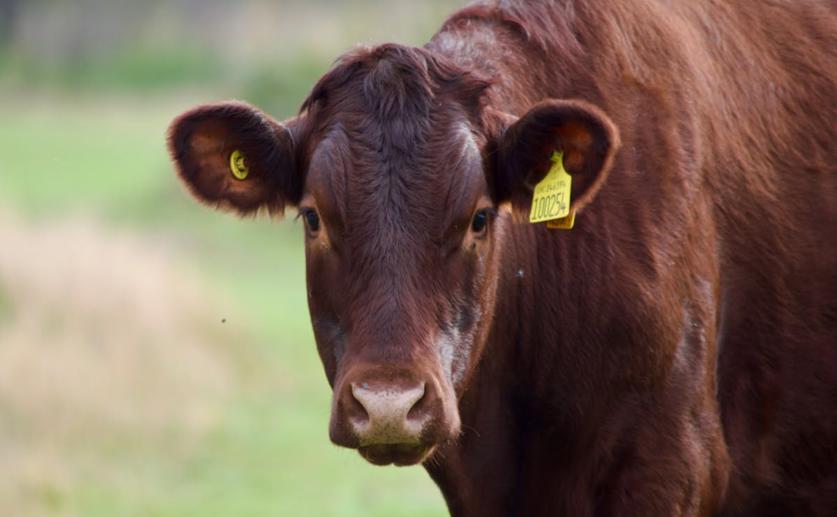
Toxic Wheat Impact on Cattle Growth and Health
Jenn Hoskins
6th May, 2024

Image Source: Marian Havenga (photographer)
Key Findings
- Study in Canada found that cattle eating grains with mycotoxins ate less and gained weight slower
- Cattle on mycotoxin diets had changes in blood indicating possible liver and immune system effects
- Despite health issues, mycotoxin-fed cattle ended up with leaner carcasses and more meat yield
AgricultureHealthAnimal Science
References
Main Study
1) High deoxynivalenol and ergot alkaloid levels in wheat grain: effects on growth performance, carcass traits, rumen fermentation, and blood parameters of feedlot cattle
Published 3rd May, 2024
https://doi.org/10.1007/s12550-024-00534-5
Related Studies
2) Deoxynivalenol exposure induces liver damage in mice: Inflammation and immune responses, oxidative stress, and protective effects of Lactobacillus rhamnosus GG.
3) Chronic ingestion of deoxynivalenol and fumonisin, alone or in interaction, induces morphological and immunological changes in the intestine of piglets.
4) The effects of endophyte-infected tall fescue consumption on diet utilization and thermal regulation in cattle.
Journal: Journal of animal science, Issue: Vol 71, Issue 1, Jan 1993



 22nd April, 2024 | Jim Crocker
22nd April, 2024 | Jim Crocker